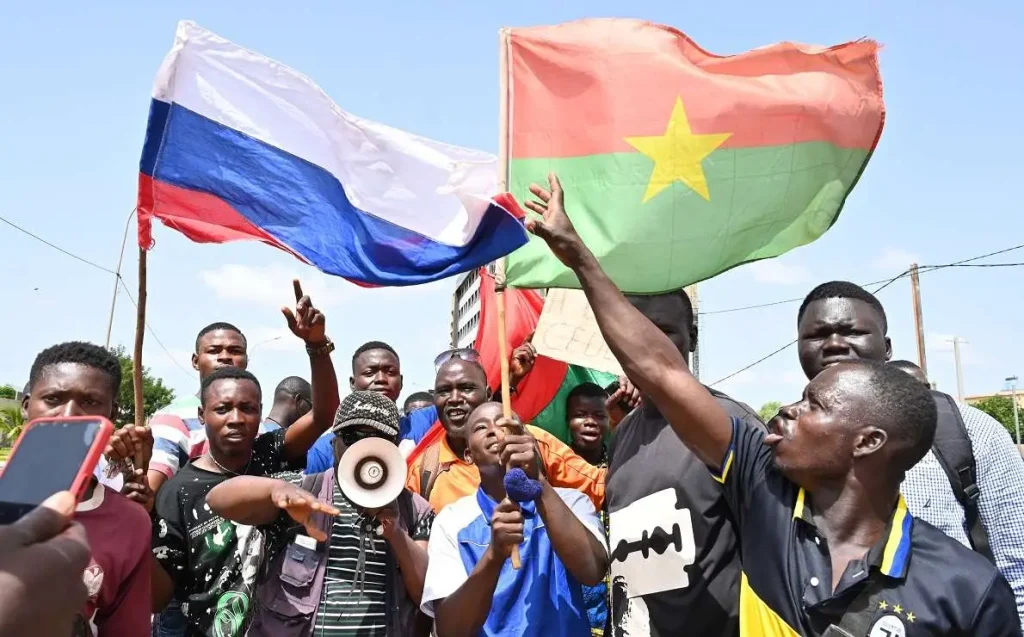On August 7, 2023, Mali and Burkina Faso, both led by military juntas since coups in 2020 and 2022, sent a joint delegation to Niamey to express solidarity with Niger’s junta, which seized power on July 26, 2023, ousting President Mohamed Bazoum. The Malian army announced the mission, led by Mali’s Minister of State for Territorial Administration, to “demonstrate the solidarity of the two countries with the brotherly people of Niger,” as stated on X. Niger’s foreign ministry confirmed the delegation’s arrival, signaling a strengthening of ties among the junta-led nations amid regional tensions.
ECOWAS Ultimatum and Summit Plans
The Economic Community of West African States (ECOWAS), chaired by Nigeria, had set an August 6 deadline for the junta, led by General Abdourahamane Tchiani, to reinstate Bazoum or face potential military intervention. The deadline passed without compliance, but ECOWAS clarified through a source to AFP that “an immediate military intervention was not envisaged.” The bloc scheduled a summit in Abuja on August 10, 2023, to discuss next steps, with spokesperson Emos Lungu confirming the focus on Niger’s crisis. Nigeria’s Senate and non-ECOWAS neighbors Algeria and Chad opposed military action, with Mali and Burkina Faso warning it would be a “declaration of war.”
Anti-Western Sentiment and Protests
The coup sparked significant anti-French sentiment, with thousands rallying in Niamey on August 6, waving Russian flags and chanting “Down with France.” The junta closed Niger’s airspace, citing “the threat of intervention” and promising an “energetic and immediate response” to any violation. France, which suspended aid to Burkina Faso over its support for the junta, urged its citizens in Niger to avoid gatherings and limit travel, while Air France halted flights to Bamako and Ouagadougou until August 11. The protests underscored a regional pivot toward Russia, with some Nigeriens favoring new security partnerships.
Regional and International Reactions
Mali and Burkina Faso’s joint statement condemned ECOWAS’s intervention threats, aligning with Niger’s junta and reflecting their own post-coup trajectories. Both nations, suspended from ECOWAS, have expelled French troops and media, a path Niger appears to follow after suspending France 24 and RFI broadcasts. France rejected the junta’s revocation of military pacts, insisting only Bazoum’s government is legitimate. The U.S. and Britain reduced embassy staff, while Italy adjusted its 250-troop presence to accommodate civilians, signaling broader Western concerns about Niger’s stability.
Implications for the Sahel
Niger’s coup, the seventh in West and Central Africa since 2020, threatens its role as a Western ally against Sahel jihadist insurgencies. ECOWAS’s sanctions, including Nigeria cutting 70% of Niger’s electricity, have spiked food prices, worsening conditions for 4.4 million people needing aid. The junta’s defiance, backed by Mali, Burkina Faso, and public support in Niamey, risks escalating into a broader conflict if ECOWAS pursues military action. The August 10 summit will be critical in determining whether diplomacy or force shapes Niger’s future, with potential ripple effects across the region.






